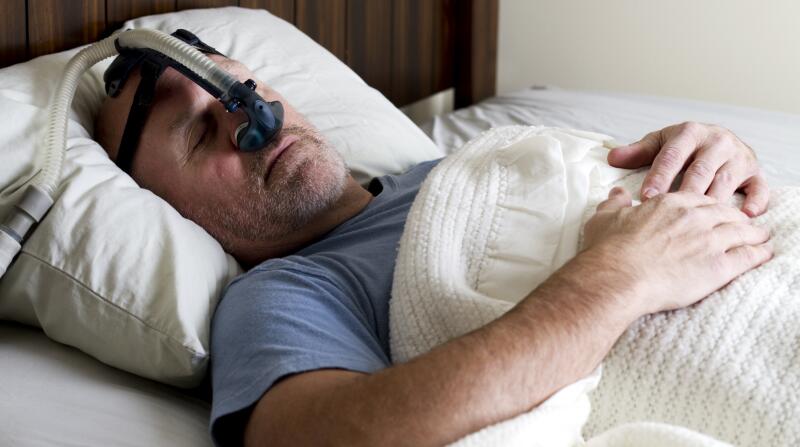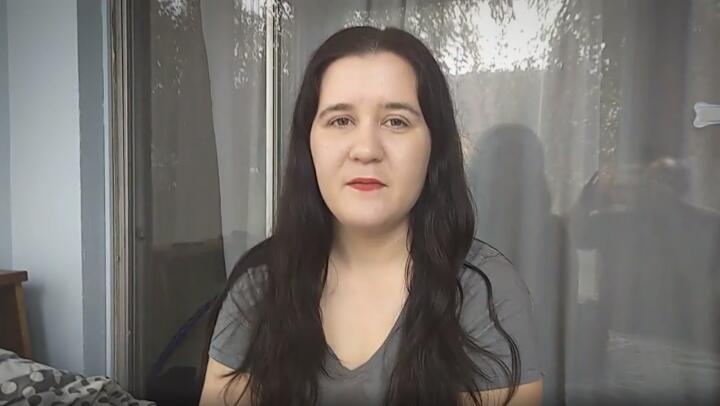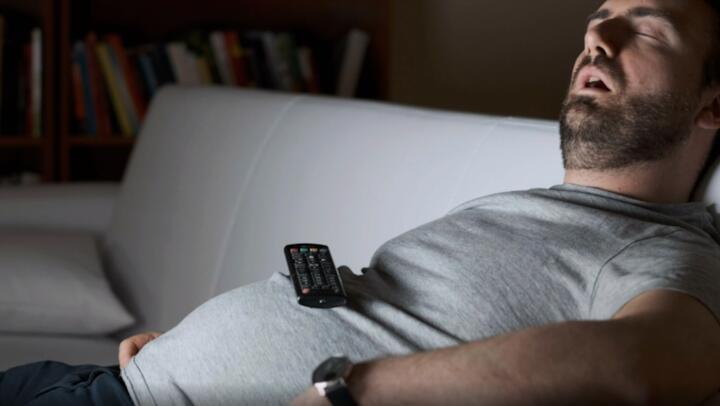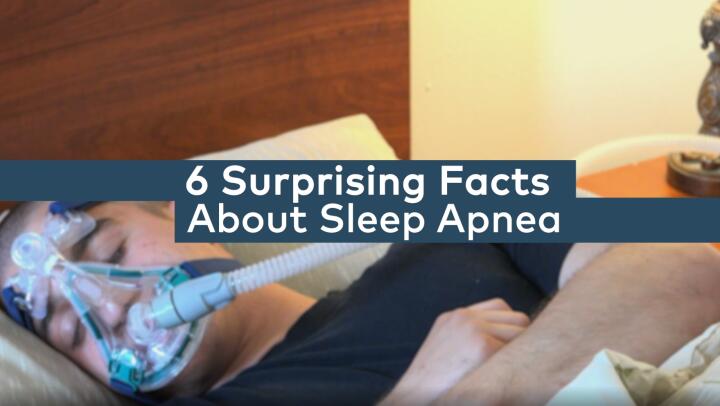8 Things to Know About Buying a CPAP Machine and Supplies

Medically Reviewed By William C. Lloyd III, MD, FACS
Written By Cindy Kuzma on July 11, 2021
-
 Choose your CPAP device wisely.CPAP therapy can safely help you breathe easier, soothe snoring, and lower your blood pressure if you have sleep apnea. But you’ll need to use it every time you sleep for the long term. So when you’re shopping for a machine, you’ll want one works well with your life. Get the facts before you make the investment.
Choose your CPAP device wisely.CPAP therapy can safely help you breathe easier, soothe snoring, and lower your blood pressure if you have sleep apnea. But you’ll need to use it every time you sleep for the long term. So when you’re shopping for a machine, you’ll want one works well with your life. Get the facts before you make the investment. -
 1. Start by talking with your doctor.There are many different types of CPAP machines and also various settings, based on factors such as the amount of oxygen in your blood. Your doctor or therapist will probably ask you to do a sleep study to find out your precise needs, and then write a prescription. He or she can also refer you to an equipment supplier who has experience with CPAP machines.
1. Start by talking with your doctor.There are many different types of CPAP machines and also various settings, based on factors such as the amount of oxygen in your blood. Your doctor or therapist will probably ask you to do a sleep study to find out your precise needs, and then write a prescription. He or she can also refer you to an equipment supplier who has experience with CPAP machines. -
-
 2. You can try different masks.The mask you breathe through while using a CPAP device comes in different shapes and sizes. Some have a chinstrap to secure your jaw tightly closed. Others use nasal pillows—small cones that fit directly into each nostril. And some allow room for an oxygen tube. Evaluate your options and select one that meets your needs and feels good. Make sure it fits snugly so air doesn’t leak out, but isn’t uncomfortably tight.
2. You can try different masks.The mask you breathe through while using a CPAP device comes in different shapes and sizes. Some have a chinstrap to secure your jaw tightly closed. Others use nasal pillows—small cones that fit directly into each nostril. And some allow room for an oxygen tube. Evaluate your options and select one that meets your needs and feels good. Make sure it fits snugly so air doesn’t leak out, but isn’t uncomfortably tight. -
 3. You can use more than one mask.Many people develop skin irritation after beginning CPAP therapy. Masks with fewer straps and less contact with your face, as well as special moisturizers especially for CPAP users, can help alleviate this. So can buying two masks of different types—such as nasal pillows and a face mask—and alternating between them.
3. You can use more than one mask.Many people develop skin irritation after beginning CPAP therapy. Masks with fewer straps and less contact with your face, as well as special moisturizers especially for CPAP users, can help alleviate this. So can buying two masks of different types—such as nasal pillows and a face mask—and alternating between them. -
 4. Special features can make living with CPAP easier.Some machines come with extra perks, such as heated humidifiers. This can help alleviate congestion, runny nose, and other common side effects of CPAP use. There are also machines with a ramp feature that slowly increases the air pressure. This can help you adjust to the CPAP when you first begin using it.
4. Special features can make living with CPAP easier.Some machines come with extra perks, such as heated humidifiers. This can help alleviate congestion, runny nose, and other common side effects of CPAP use. There are also machines with a ramp feature that slowly increases the air pressure. This can help you adjust to the CPAP when you first begin using it. -
 5. Your sleep position matters.Make sure you talk with your doctor or the equipment provider about whether you sleep on your side, back or stomach. The plastic tubes connecting the mask to the CPAP machine come in different configurations. The best one for you depends in part on your sleep position.
5. Your sleep position matters.Make sure you talk with your doctor or the equipment provider about whether you sleep on your side, back or stomach. The plastic tubes connecting the mask to the CPAP machine come in different configurations. The best one for you depends in part on your sleep position. -
-
 6. You can try before you buy.Before committing to a specific model, trial periods are often available for CPAP machines. This helps ensure you’re happy with your choice. You may also be able to rent to own. In some cases, once you pay to use a machine for 13 months, it’s yours.
6. You can try before you buy.Before committing to a specific model, trial periods are often available for CPAP machines. This helps ensure you’re happy with your choice. You may also be able to rent to own. In some cases, once you pay to use a machine for 13 months, it’s yours. -
 7. Medicare may foot some of the bill.If you’ve received a diagnosis of sleep apnea and are on Medicare, your benefits will cover a three-month trial of CPAP therapy. You’ll pay only a portion of the cost of the machine and supplies. If you have a follow-up visit with your doctor and he or she notes CPAP has worked for you, you may receive coverage for even longer. If you already have a CPAP machine, Medicare may cover replacements or accessories.
7. Medicare may foot some of the bill.If you’ve received a diagnosis of sleep apnea and are on Medicare, your benefits will cover a three-month trial of CPAP therapy. You’ll pay only a portion of the cost of the machine and supplies. If you have a follow-up visit with your doctor and he or she notes CPAP has worked for you, you may receive coverage for even longer. If you already have a CPAP machine, Medicare may cover replacements or accessories. -
 8. Other programs can also help with the cost.If you’re on a health plan other than Medicare, consult your plan administrator to find out about your specific benefits. But know you do have other options. For instance, for a small program fee, the American Sleep Apnea Association provides CPAP machines for qualified patients. Find out if you fit the bill at www.sleepapnea.org.
8. Other programs can also help with the cost.If you’re on a health plan other than Medicare, consult your plan administrator to find out about your specific benefits. But know you do have other options. For instance, for a small program fee, the American Sleep Apnea Association provides CPAP machines for qualified patients. Find out if you fit the bill at www.sleepapnea.org.
8 Things to Know About Buying a CPAP Machine and Supplies






















